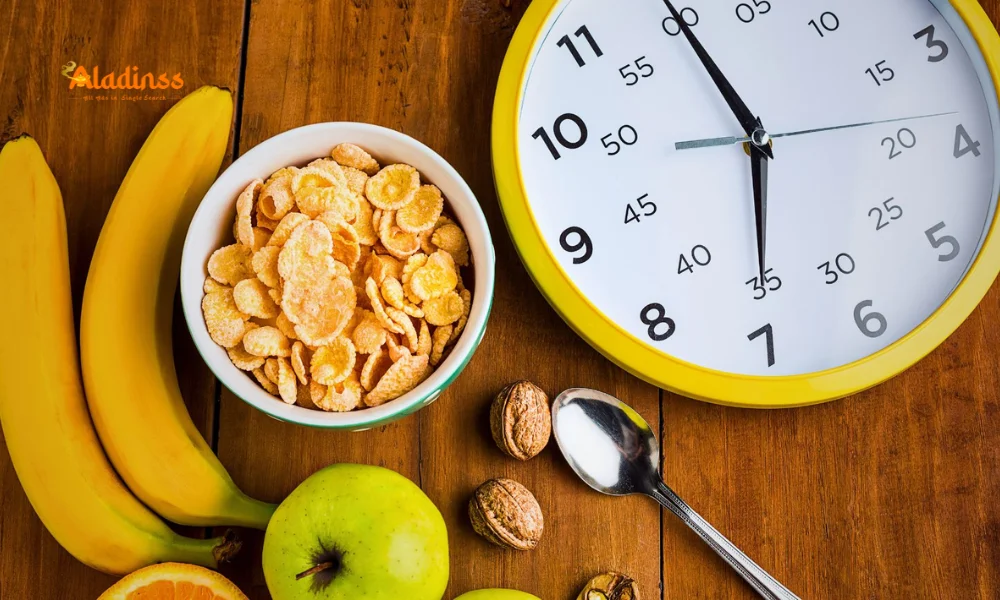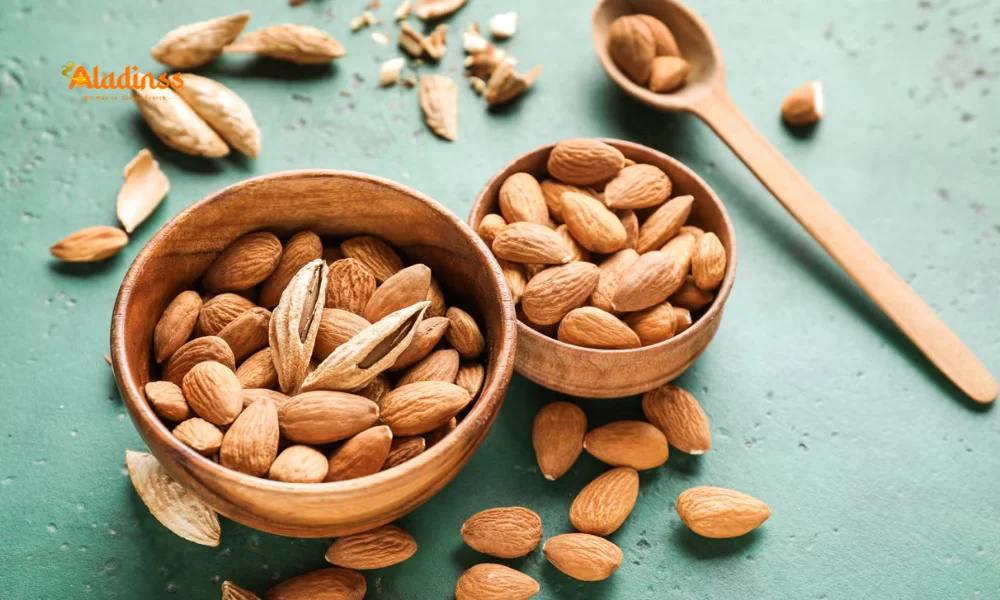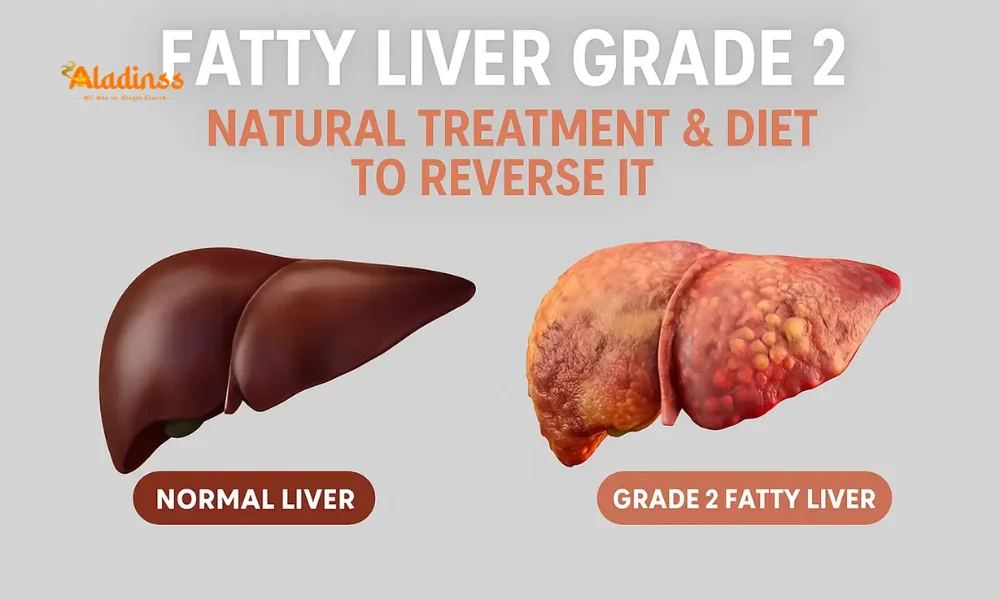Bad Breath After Brushing: Causes and Remedies 2025
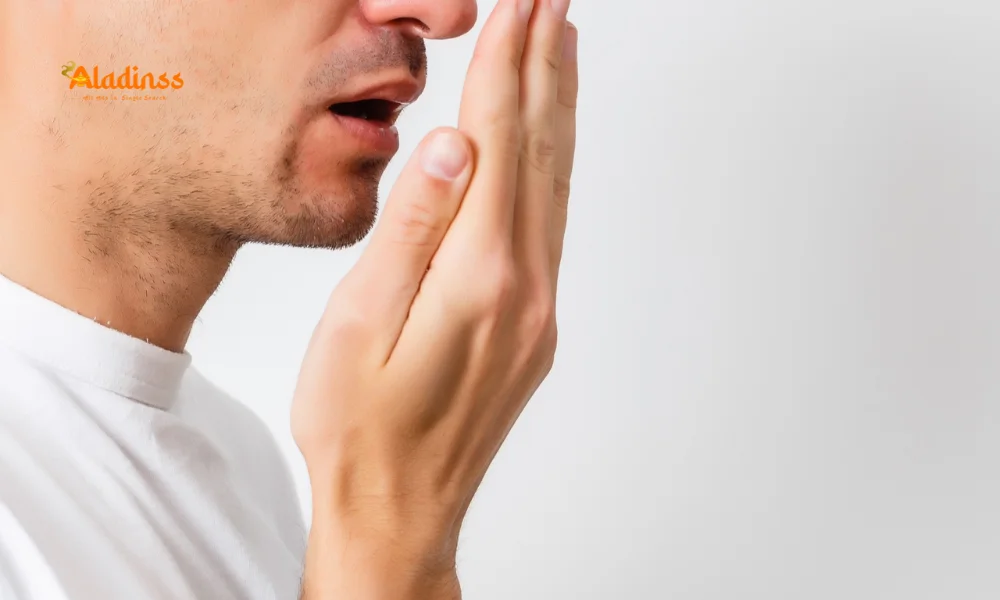
Bad Breath After Brushing: Causes and Proven Remedies for 2025
Persistent bad breath after brushing can be both embarrassing and puzzling, even with a solid oral hygiene routine. Known as halitosis, this issue often stems from tongue bacteria, gum disease, or dry mouth, but diet, lifestyle, or underlying health conditions like diabetes can also contribute. In 2025, as oral health awareness grows, understanding the causes of bad breath after brushing empowers you to address it effectively. From tongue scraping to hydration, learning how to get rid of bad breath after brushing involves practical steps and, if needed, professional care. Persistent symptoms may signal deeper issues, making timely dental visits crucial for tackling halitosis treatment 2025.
With Diwali celebrations on October 20, 2025, approaching, fresh breath is key for festive interactions. This guide explores the root causes, effective remedies, and when to seek medical advice, drawing from recent studies to help you achieve lasting oral freshness and confidence in social settings.
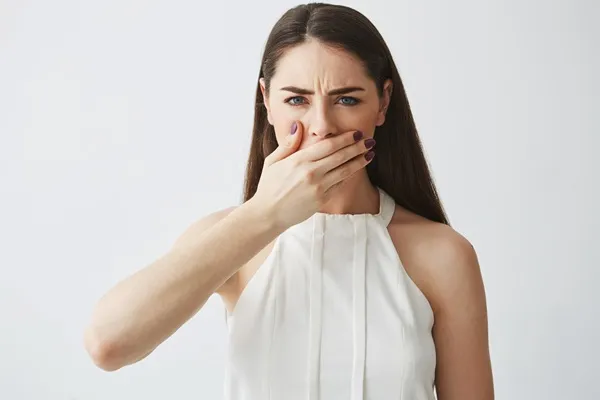
Tongue Bacteria: A Leading Cause of Halitosis
A primary driver of bad breath after brushing is bacterial buildup on the tongue, where food debris, dead cells, and saliva form a plaque layer. Anaerobic bacteria thrive here, releasing sulfur compounds that produce foul odors. Brushing teeth alone often skips this area, allowing the problem to persist unnoticed.
To address this, use a tongue scraper or soft toothbrush to gently clean the tongue’s surface, moving from back to front. Studies show this can reduce odor-causing bacteria by up to 75%, a critical step in how to get rid of bad breath after brushing. Pair with an antibacterial mouthwash to enhance freshness, especially before Diwali gatherings in 2025.
Gum Diseases: Hidden Triggers of Persistent Odor
Conditions like gingivitis and periodontitis are sneaky causes of bad breath after brushing, as inflamed gums harbor bacteria in hard-to-reach pockets. Plaque hardens into tartar, fostering microbes that emit sulfurous smells. Symptoms like bleeding or tender gums signal the need for action beyond standard brushing.
Daily flossing dislodges trapped debris, while professional cleanings every six months remove tartar. Antimicrobial rinses and proper brushing with fluoride toothpaste curb inflammation, aligning with halitosis treatment 2025 trends. Regular dental check-ups prevent escalation to severe gum issues, safeguarding both breath and oral health.
Dry Mouth: A Silent Contributor to Bad Breath
Dry mouth, or xerostomia, undermines saliva’s natural cleansing role, allowing bacteria to multiply and cause bad breath after brushing. Medications for allergies, hypertension, or diabetes, along with habits like mouth breathing, reduce saliva flow, creating a stale, odor-prone environment.
Stay hydrated by drinking water frequently, chew sugar-free gum to stimulate saliva, or try saliva substitutes available in 2025 pharmacies. Avoiding dehydrating agents like caffeine or alcohol is key. For chronic cases, consulting a dentist to address underlying conditions like sleep apnea can restore moisture, enhancing how to get rid of bad breath after brushing.
Diet and Lifestyle Factors Fueling Halitosis
- Pungent Foods: Garlic, onions, and spicy dishes release oils that linger in the bloodstream, causing persistent odors post-brushing.
- Sugar-Rich Diets: Sugary snacks feed bacteria, increasing plaque and acid that worsen breath.
- Smoking and Alcohol: Tobacco dries the mouth and stains teeth, while excessive drinking disrupts saliva flow, amplifying halitosis.
- Excessive Coffee: Its dehydrating effect intensifies dry mouth, compounding odor issues.
Incorporate breath-friendly foods like apples, celery, or green tea, which combat bacteria naturally. A balanced diet rich in fiber supports oral health, reducing the impact of these triggers and aligning with halitosis treatment 2025 strategies for a fresh mouth during festive seasons.
Systemic Health Issues Behind Persistent Bad Breath
Beyond oral hygiene, systemic conditions can drive bad breath after brushing. Acid reflux or gastritis pushes stomach acids upward, carrying odors, while diabetes may produce a fruity or acetone-like smell due to high blood sugar. Kidney or liver issues can release ammonia-like odors, signaling serious health concerns.
A 2021 PubMed study notes that 10-15% of halitosis cases stem from non-oral sources, urging medical evaluation for persistent issues. If brushing, flossing, and lifestyle changes don’t help, a doctor’s visit to check for digestive or metabolic disorders is essential, ensuring comprehensive how to get rid of bad breath after brushing.
Effective Daily Habits to Combat Halitosis
Building a robust oral care routine is key to halitosis treatment 2025. Brush twice daily with fluoride toothpaste, focusing on all tooth surfaces, and floss to remove trapped debris. Use an alcohol-free mouthwash to kill bacteria without drying the mouth. Hydration—aim for 2-3 liters of water daily—keeps saliva flowing, naturally cleansing the mouth.
Avoid smoking and limit alcohol, especially during festive periods like Diwali 2025, to maintain freshness. Regular exercise and sleep support overall health, reducing systemic triggers. These habits, paired with dental visits, form a solid defense against causes of bad breath after brushing.
When to Seek Professional Help for Bad Breath
If bad breath persists despite rigorous oral care, it may indicate underlying issues requiring professional attention. Symptoms like bleeding gums, altered taste, or persistent dryness could point to gum disease, infections, or systemic conditions like diabetes or acid reflux. Early consultation with a dentist or physician can pinpoint these causes of bad breath after brushing.
In 2025, advanced diagnostics like oral microbiome testing can identify specific bacterial culprits, tailoring treatments like laser therapy for gum issues. Addressing these promptly prevents complications, ensuring a confident, fresh smile for festive occasions and beyond.
Modern Tools and Innovations for Oral Freshness
The oral health landscape in 2025 offers cutting-edge solutions for how to get rid of bad breath after brushing. Smart toothbrushes with sensors ensure thorough cleaning, while probiotic lozenges promote beneficial oral bacteria. Portable oral irrigators target hard-to-reach areas, complementing traditional flossing for comprehensive care.
Teledentistry platforms allow virtual consultations, making expert advice accessible, especially in rural areas. These advancements enhance halitosis treatment 2025, empowering individuals to tackle bad breath with precision and confidence, aligning with the festive spirit of renewal during Diwali.
Preventing Bad Breath During Festive Seasons
Diwali 2025 brings social gatherings, making fresh breath a priority. Avoid overloading on sweets or spicy foods, which feed odor-causing bacteria. Carry portable breath sprays or sugar-free mints for quick refreshers. Regular water intake during celebrations keeps the mouth hydrated, countering the effects of festive indulgences.
Pre-festival dental cleanings ensure a sparkling smile, boosting confidence. By integrating these habits into your routine, you can enjoy festivities without worrying about bad breath after brushing, making every moment vibrant and carefree.
Comment / Reply From
No comments yet. Be the first to comment!

